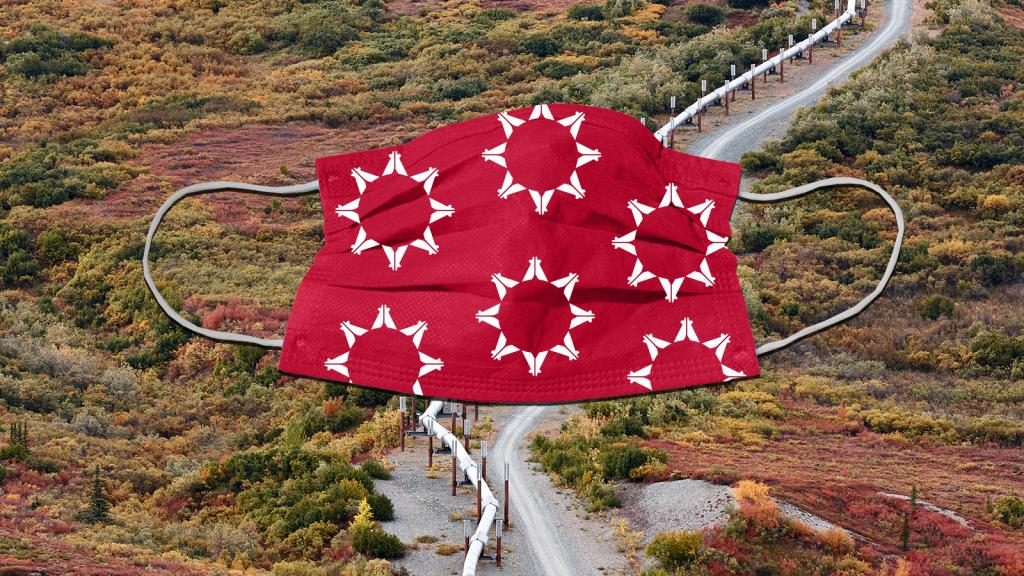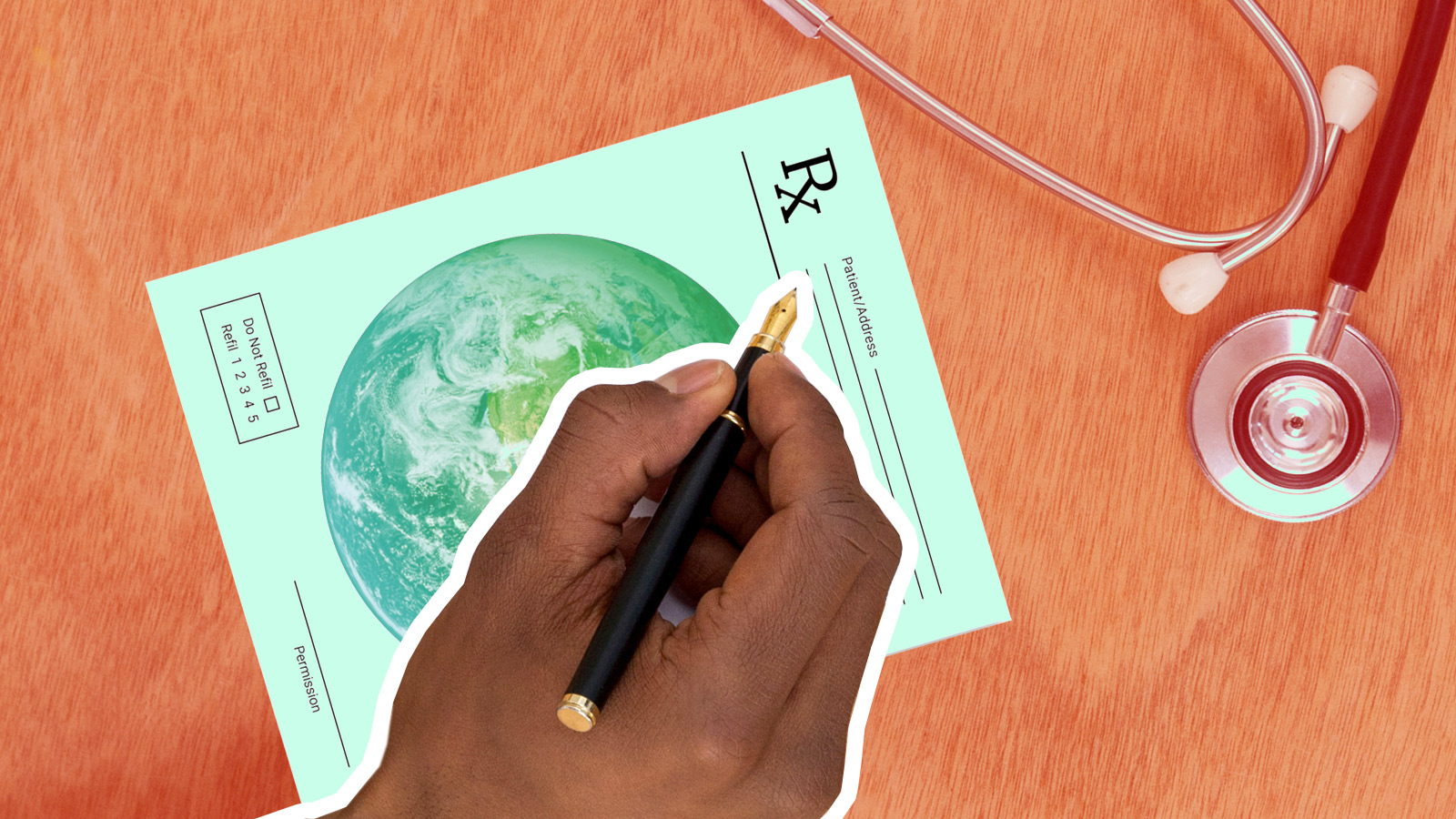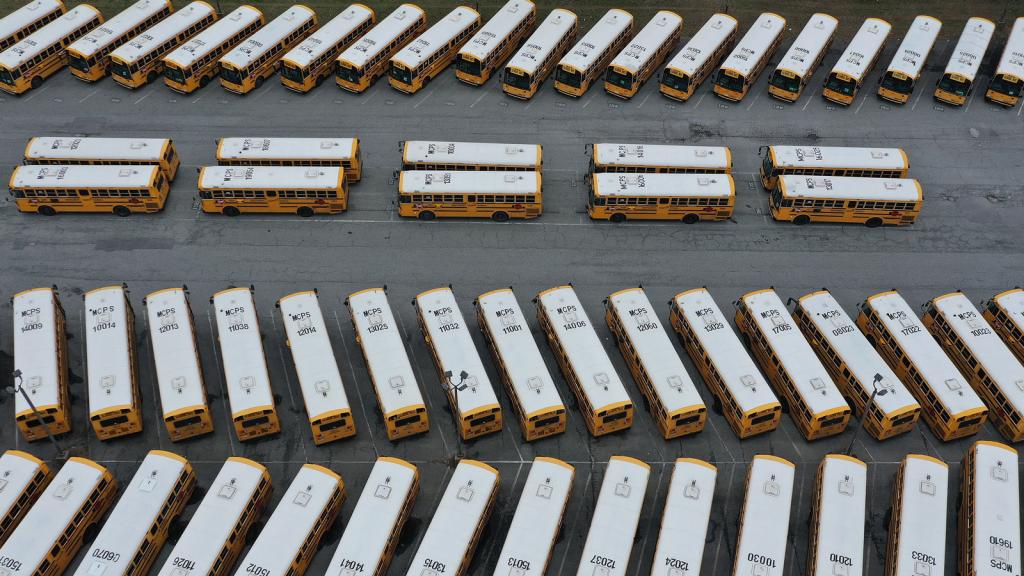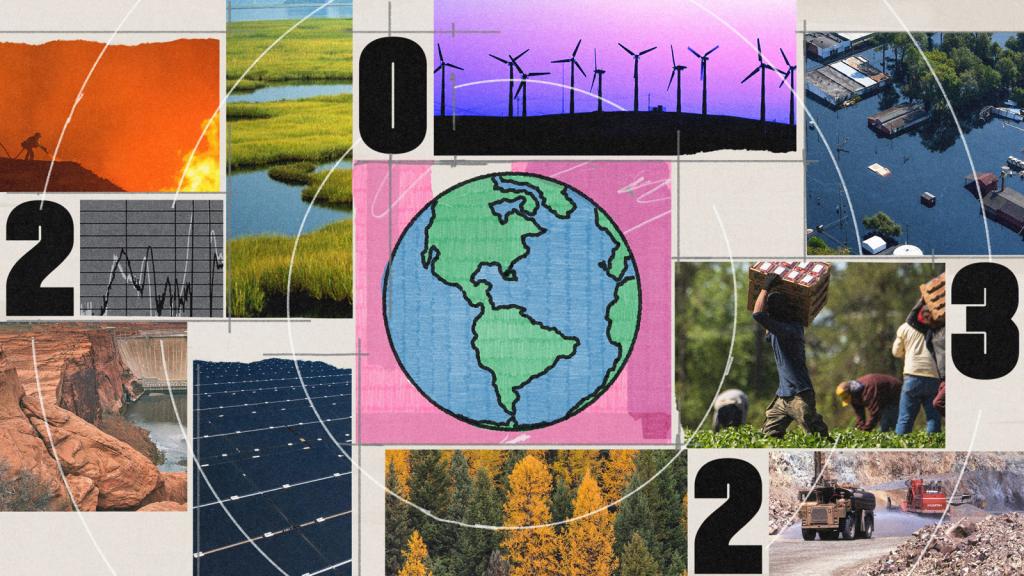Over the last month, I have been taking care of patients infected with the novel coronavirus. Every day, I monitor those with a higher risk of serious illness and hospitalization for dangerous symptoms. Many of my patients are very sick, out of breath, and scared. On a recent remote consult with a patient, I urgently called 911 while hearing the anguished cries of loved ones in the background. As a primary care physician, I am used to witnessing illness, but the extent of human suffering associated with this pandemic has overwhelmed me to tears.
That suffering is not random. Early data has made clear that the pandemic has disproportionately impacted communities of color. The spread of COVID-19 has followed a path laid by centuries of racism and oppression. Structural injustices have created the conditions in which Black, Indigenous, and Latinx communities get sicker and are deliberately shortchanged: in wages, healthcare, education, housing, and access to clean air and water. In short, these are the same communities we know will be most impacted by other crises, including climate change.
That’s no coincidence. As my colleagues and I grapple with the devastating impact of the virus on our patients and their loved ones, we must also face this critical truth: The health of our planet is inextricably linked to the health of human beings.
The link between coronavirus and climate starts with its origins. COVID-19 is a zoonotic disease — an infection that made the leap from animals to humans. Viruses like this pose a growing threat because our ecosystems are in peril. Climate change, deforestation, pollution, and encroachment into natural habitats have fundamentally disrupted our equilibrium with nature and other species. Human activity has decimated the ecological buffer nature has provided us to temper the spread of diseases that could be the source of the next pandemic. Testing, vaccines, and treatment solutions for COVID-19 cannot come soon enough, but neither can they prevent the next pandemic unless we clearly and forcefully advocate for restoring our ecosystems and biodiversity.
Even for those not battling COVID-19, the climate crisis has dire implications for human health. Recently, a patient of mine, a young man from Central America, arrived in our emergency room. He had been feeling increasingly tired and was developing headaches. Basic lab work revealed a devastating diagnosis: My patient’s kidneys were failing. He needed urgent dialysis and, ultimately, a kidney transplant.
We were stunned. How could this happen in someone so young and otherwise healthy? After a thorough evaluation, he was diagnosed with Mesoamerican nephropathy, a kidney disease linked to long-term exposure to severe heat — in his case, while picking crops on a farm back in his home country.
The facts are clear: Climate change will worsen food insecurity and water scarcity. This, in a world in which more than 800 million people go hungry and more than 1 billion people live in areas where clean water is already in short supply. It will increase the severity of hurricanes, droughts, wildfires, and flooding. These disasters will lead to more spikes in forced migration and political conflict, which leave women and children particularly vulnerable. And yes, climate change will continue to increase the burden of disease on communities around the world.
But it doesn’t have to be this way. If we make the connection between climate change and outcomes such as health, we may yet garner enough political will to avoid the worst consequences of warming. For my part, I’ve started writing and speaking at local health institutions. I created climate curricula for medical students and residents, and launched a committee to green our hospital. My wife and I host “community climate gatherings” at our home, where we invite public officials like city councilors and state representatives to discuss policy prescriptions. To some, this may not sound like healthcare, but it is.
I am hardly alone in these efforts. Among doctors, nurses, social workers, and psychologists there is a growing determination to make advocacy for our planet an essential treatment plan for a healthy society. Some of my colleagues are collaborating with environmental-justice nonprofits that have a long history with their communities. Others are heading to the nearby Boston City Hall and the Massachusetts statehouse to testify on the health benefits of clean energy and transportation systems. A few are even running for Congress. Hospitals like Boston Medical Center are pledging to be carbon neutral by the end of this year. Perhaps most inspiring of all, medical students are taking to the streets during climate rallies and demanding that environmental-health curriculum be included as a core part of learning how to be a good doctor.
My colleagues and I are bound by an oath to protect our patients’ lives. Today, we face this pandemic with clear-eyed moral courage. But after the ravages of the pandemic have taken their final toll, healthcare professionals will need a different kind of moral courage — to create a new vision of a healthy and just future. A future in which transformative policies promote health equity and are grounded in our common humanity and interconnectedness with the earth, each other, and future generations. We must stand up against the corporate greed and political corruption that threaten our children’s inheritance of a sustainable future.
Saving the planet will take brave and bold actions from all of us, and healthcare professionals must lead. And if the frontlines of this pandemic have taught us anything, it’s that we are up for the challenge.
 Dr. Gaurab Basu, a 2021 Grist 50 honoree, is a primary care physician and holds a master’s degree in public health. He’s an instructor at Harvard Medical School, a Robert Wood Johnson Foundation Culture of Health Leader, and co-director of the Cambridge Health Alliance Center for Health Equity Education & Advocacy (CHEEA). Follow him at @GaurabBasuMDMPH.
Dr. Gaurab Basu, a 2021 Grist 50 honoree, is a primary care physician and holds a master’s degree in public health. He’s an instructor at Harvard Medical School, a Robert Wood Johnson Foundation Culture of Health Leader, and co-director of the Cambridge Health Alliance Center for Health Equity Education & Advocacy (CHEEA). Follow him at @GaurabBasuMDMPH.



